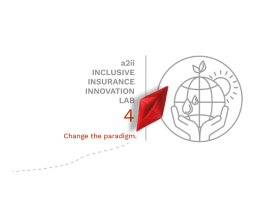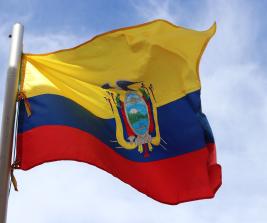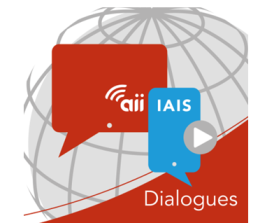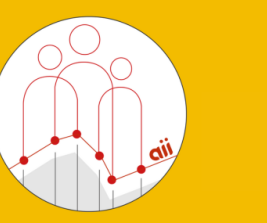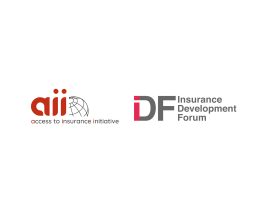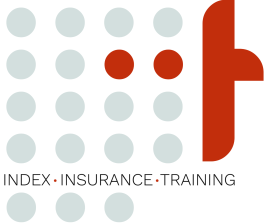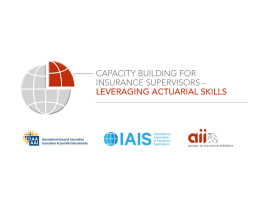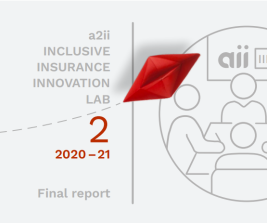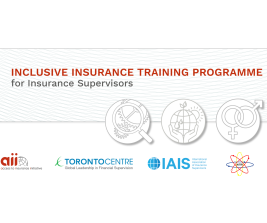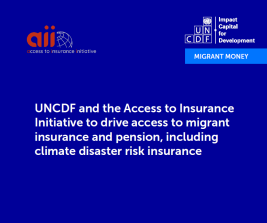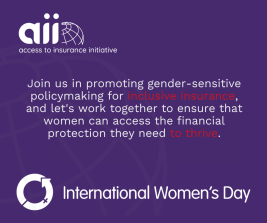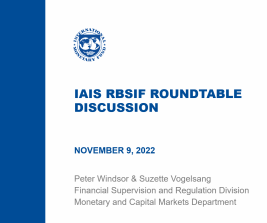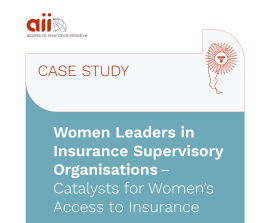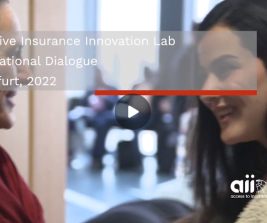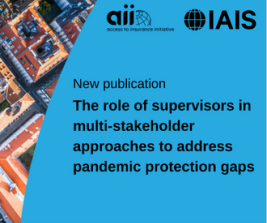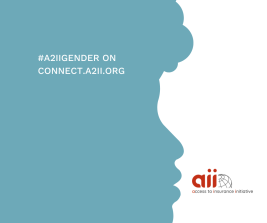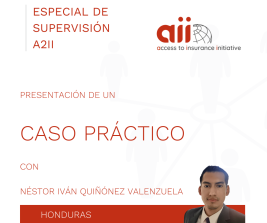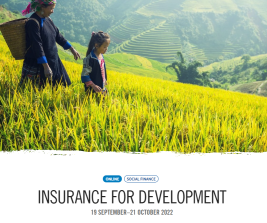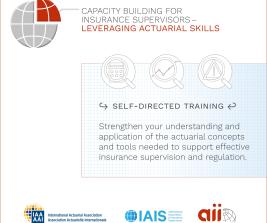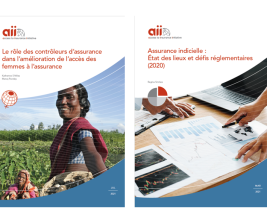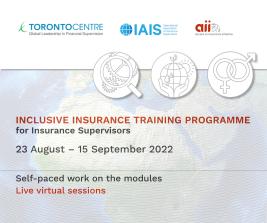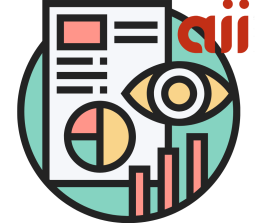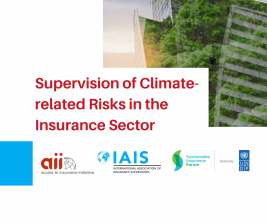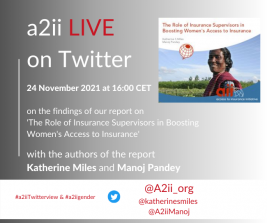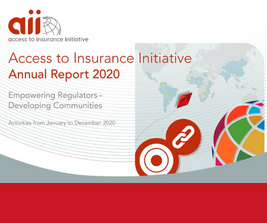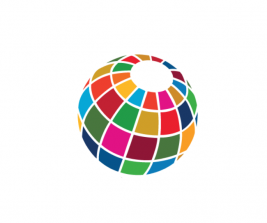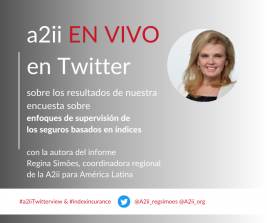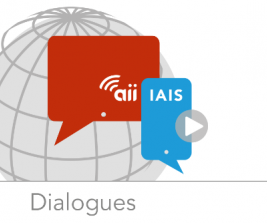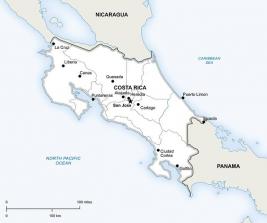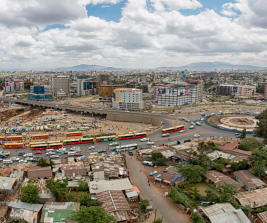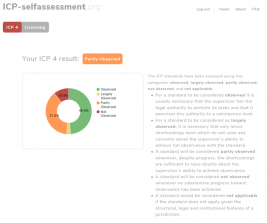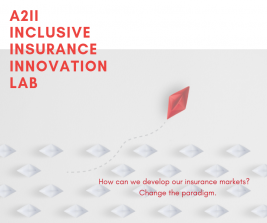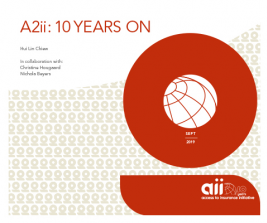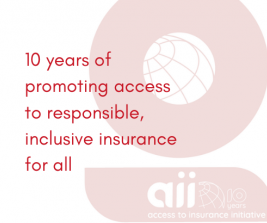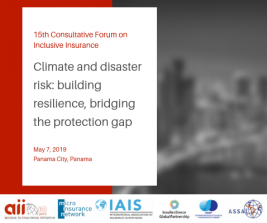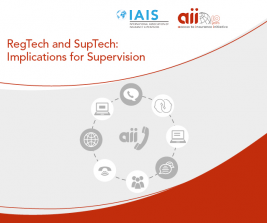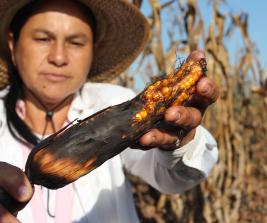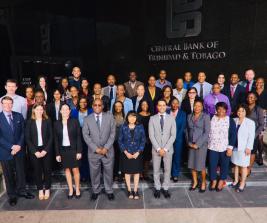A2ii Newsflash | Recent updates in inclusive insurance laws and regulations
From 2022-2023, several countries have made regulatory changes with the goal of advancing inclusive insurance and microinsurance and allowing for index-based insurance and innovations.
We invite you to browse our Inclusive Insurance Regulations Map for more information, where you can filter by region and type of intervention (such as dedicated licencing, gendered aspects, and index insurance).
Do you have any regulatory updates to share? Please email secretariat@a2ii.org.
Angola
Angola’s insurance Law no. 18/22, the Insurance and Reinsurance Activity Law (Lei da Actividade Seguradora e Resseguradora – “LASR”) institutionalises microinsurance. It allows for the establishment of microinsurance companies and for both insurance companies and microinsurance companies to participate in both life and non-life branches of microinsurance.
Belize
As of 1 October 2023, the New Insurance Act came into force, replacing the Insurance Act and the International Insurance Act. With the aim of bolstering financial protection and modernising its insurance industry, the Act is designed to safeguard the interests of Belizeans andaccommodate the needs of the international insurance sector. The law includes definitions for microinsurance, inclusive insurance, and index-based/parametric insurance.
Definitions
- Microinsurance is defined as “insurance designed for people, families, and businesses that fall within the low-income segment of the populations.”
- Inclusive insurance is defined as “all insurance products aimed at the excluded or underserved market and includes microinsurance.”
- Index-based or parametric insurance is defined as “a non-indemnity insurance that pays out benefits on the basis of a predetermined and objective index, for possible loss of assets and investments, resulting from the event.”
· Colombia
Colombia approved articles 241-243 in its National Development Plan, allowing for the sale and regulation of parametric (index-based) insurance. The law allows parametric cover for any type of risk – previously, it was restricted only to agricultural insurance.
Chile
Chile’s new FinTech law (Ley 21.521) came into effect in February 2023. The purpose of this law is to encourage the provision of financial services through technology, with emphasis on financial inclusion and innovation.
Key in this FinTech law is the principle of proportionality which adjusts the regulatory burden according to the size and risks of each entity, thereby allowing more providers to be regulated by the Financial Market Commission (CMF).
Explicitly permitted under this law is index-based (parametric insurance), inclusive insurance, and microinsurance. Inclusive insurance is understood as excluded or underserved sectors of the market, regardless of their level of economic income, while microinsurance is understood as products intended for low-income sectors of the population. Based on this law, CMF will issue regulations defining the exact rules for these products.
Overall, this law will allow CMF to issue regulation which is more flexible in terms of processes, distribution channels, claims settlement processes and other aspects in which the use of technology and data processing allows the design of lower cost, and therefore, more accessible insurance products.
Nigeria
On 28 April 2023, NAICOM issued Circular No. 48/2023 on regulatory sandbox guidelines, which came into effect on 1 May 2023. The purpose is to “drive innovation of insurance products and services through the digitalisation of insurance operations in line with international best practices.”
Among the requirements is that the applicants prove the “potential to advance the objectives of Inclusive Insurance by improving accessibility, efficiency, security and/or quality in the provision of insurance services to consumers in Nigeria.”
Vietnam
After passing the new Law on Insurance Business in 2022, Decree No. 21/2023/ND-CP was enacted in May 2023, which regulates microinsurance in the country.
Various entities are now authorised to offer microinsurance products, including non-life insurers, life insurers, health insurers, branches of foreign non-life insurers operating in Vietnam, and mutual microinsurance organisations which are established and operating in Vietnam.
Microinsurance products are defined as those designed for the poor, low-income earners and socially vulnerable groups. The products are characterised by low insurance premiums, small insurance sums, and simple and easy-to-understand insurance products, aiming to offer these underserved populations financial support in the event of unforeseen risks or losses in their lives.
The annual premium of microinsurance products must not exceed 5 per cent of the annual per capita income of a near-poor household in urban areas, as defined by the government. Additionally, the maximum coverage amount for microinsurance policies should be no more than five times the defined annual income. Finally, microinsurance products must contain the phrase “Sản phẩm bảo hiểm vi mô” (“microinsurance product”), to make a distinction between microinsurance products and other insurance products.





